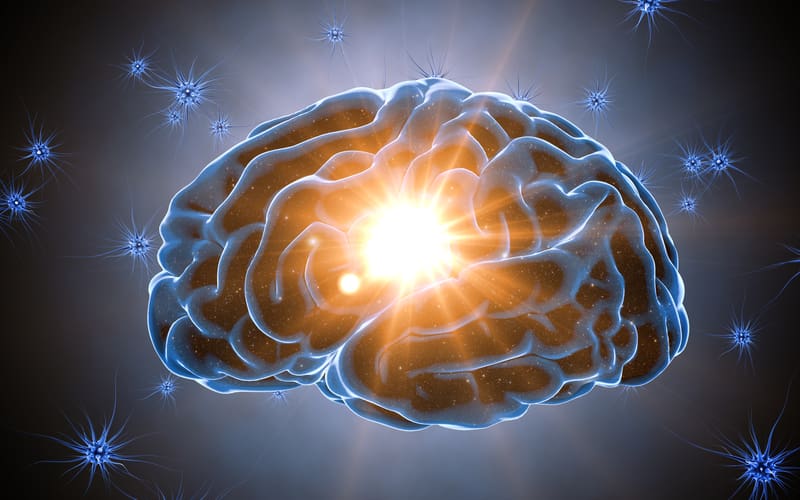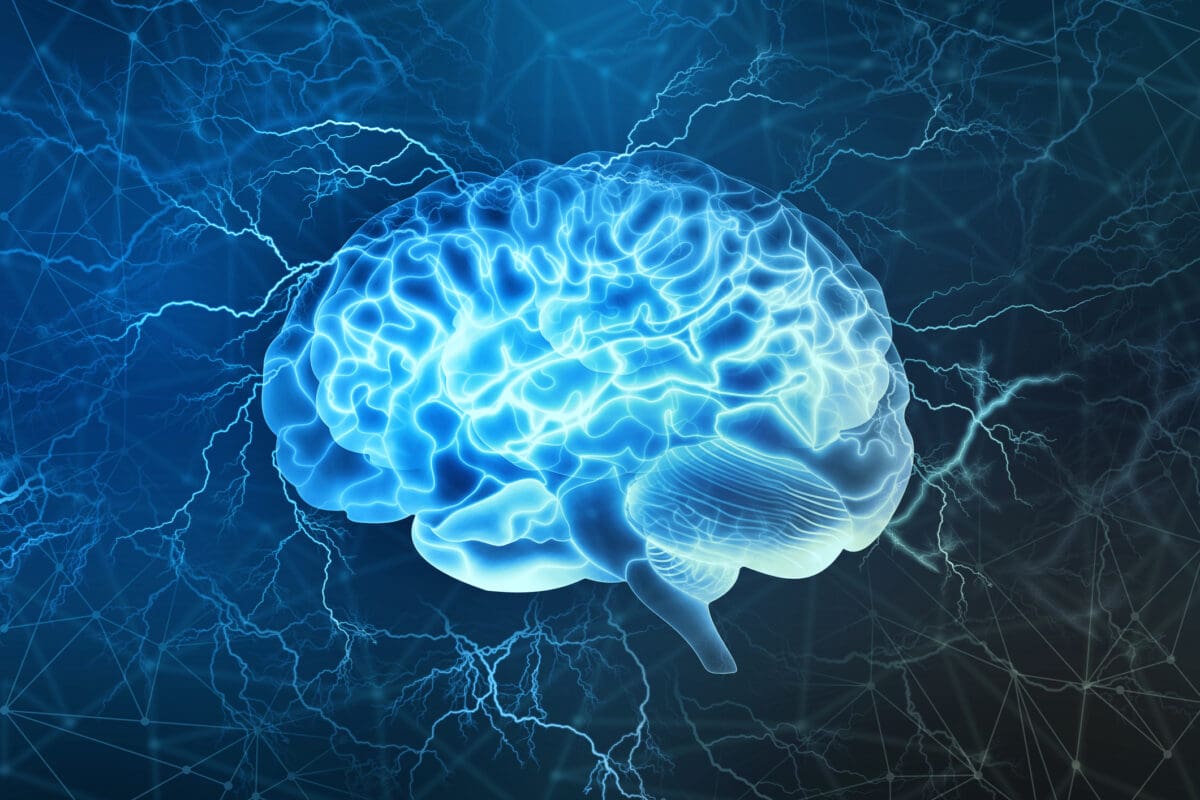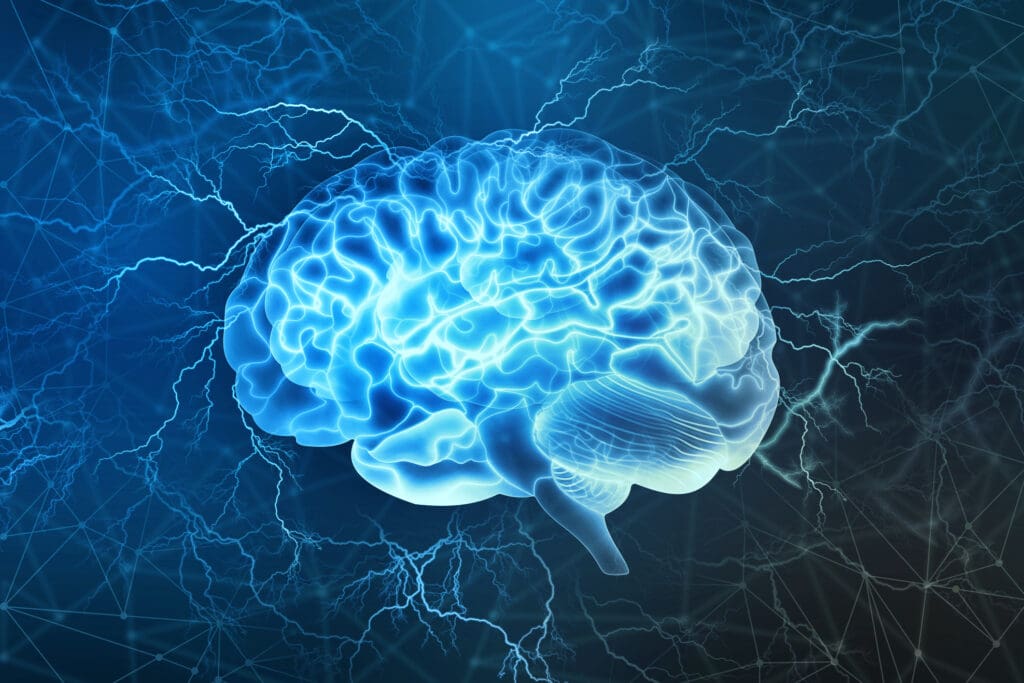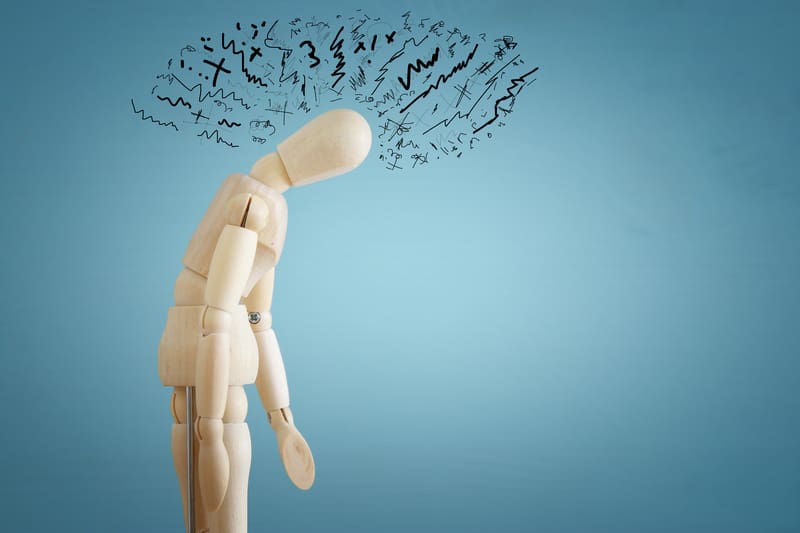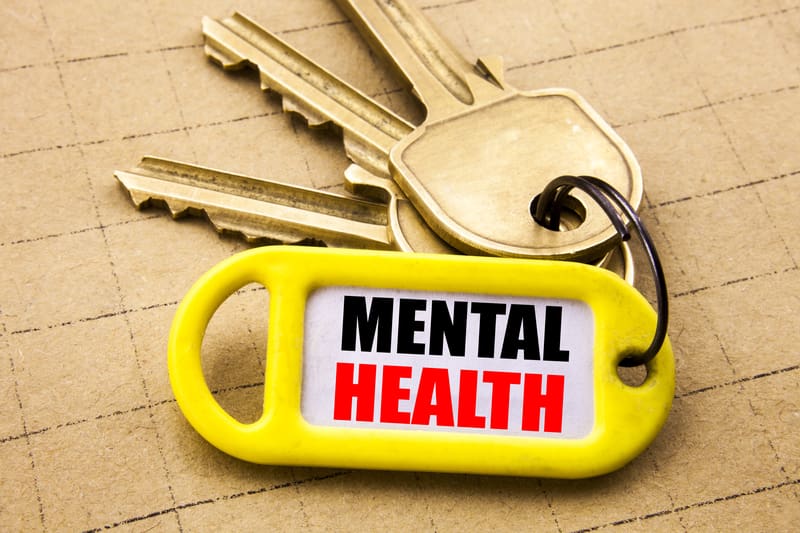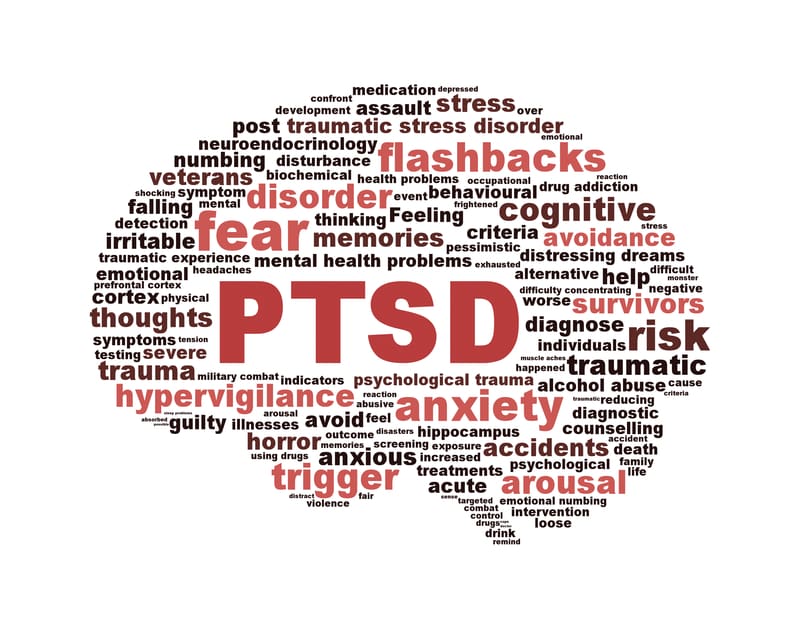
Combating PTSD in Domestic Violence Survivors: Rebuilding Lives with TMS Therapy Approaches
Survivors of domestic violence face the lasting impact of PTSD on their mental health and well-being. Promisingly, Transcranial Magnetic Stimulation (TMS) therapy emerges as a potential treatment for combating PTSD in these survivors. Seeking professional care from a specialized TMS clinic becomes crucial in understanding and utilizing the healing potential of TMS therapy.
The Impact of PTSD on Domestic Violence Survivors
PTSD is a prevalent consequence experienced by domestic violence survivors, leading to symptoms such as flashbacks, anxiety, depression, and hypervigilance. The trauma from past abusive experiences can significantly impair daily functioning and quality of life. TMS therapy offers hope by targeting the brain’s neural pathways associated with PTSD, providing relief from symptoms and promoting recovery for survivors. It also has indirect effects on their relationships and overall well-being. Domestic violence survivors with PTSD may struggle with developing and maintaining healthy relationships due to fear or mistrust from past experiences. This can lead to isolation, difficulty expressing emotions, and challenges in setting boundaries.
Benefits of TMS Therapy for PTSD
This therapy utilizes magnetic pulses to stimulate specific regions of the brain, regulating neural activity and neurotransmitter levels associated with PTSD symptoms. For survivors of domestic violence, TMS therapy offers a safe and effective alternative or complementary approach to traditional treatments, showing promising results in alleviating symptoms and restoring mental health. TMS therapy is particularly appealing for those who have not had success with medication or are unable to tolerate the side effects. This treatment does not involve any drugs, which makes it free from potential drug interactions and adverse reactions, making it a safer option for those with comorbidities. TMS therapy is well-tolerated by patients, with minimal discomfort or adverse effects reported.
Professional TMS Clinics: A Source of Healing
Specialized TMS clinics focus on providing tailored care for survivors of domestic violence battling PTSD. These clinics house experienced professionals trained in administering TMS therapy and understanding the complexities of trauma-related disorders. Collaborating with specialized TMS clinics ensures survivors receive individualized treatment plans, fostering a supportive environment conducive to healing and recovery. TMS stands for Transcranial Magnetic Stimulation, a non-invasive procedure that uses magnetic fields to stimulate nerve cells in the brain. It has been approved by the FDA as a safe and effective treatment for various mental health disorders, including PTSD. By stimulating these areas, TMS therapy can help improve symptoms such as anxiety, depression, nightmares, and flashbacks.
PTSD in domestic violence survivors presents significant challenges to their mental health and well-being. TMS therapy shows promise in addressing PTSD symptoms, underscoring the need for professional care from specialized TMS clinics to aid in recovery and rebuilding lives affected by domestic violence trauma.
Take the first step towards healing from PTSD as a domestic violence survivor. Contact our TMS clinic today to schedule a consultation and discover how TMS therapy can support your recovery journey after trauma.

